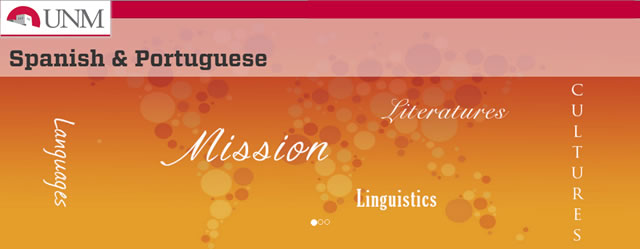
Spanish and Portuguese ETDs
Publication Date
Spring 3-11-1954
Abstract
During the sixteenth century, the Spanish theater began to indicate the tendencies that the drama was to follow in the Golden Age, although there remained numerous vestiges of medieval drama, consisting principally of religious works called autos or misterios and secular works called farsas or juegos de escarnio. Juan del Encina (1468?-1529?), who is often referred to as the "Father of Spanish Drama," continued the medieval tradition in his works (called eglogas because shepherds usually figure in them), which are mainly religious in subject-matter. However, several are festive in nature and contain the first manifestations of the comic genre, which was known later in the sixteenth century as the paso.
Juan de la Cueva (1543-1610) and Miguel de Cervantes (1547-1616) followed these dramatists chronologically, and gave impetus to the development of the Spanish theater during its era of transition from the sixteenth century to the Golden Age. They wrote comedies and tragedies, helping to mold the path for the dramatic giants of Spanish literature of the seventeenth century.
Hence this study will attempt to disclose the actual extent of Juan de la Cueva's influence on Cervantes' subject-matter, style, characterization, ideology and versification. In view of the fact that many critics have limited themselves to making general statements about Cervantes' indebtedness to Cueva, without comparing in detail the essential features of their respective plays, this analysis will seek to reveal whether these critics' suspicions are well-founded.
Degree Name
Spanish (MA)
Level of Degree
Masters
Department Name
Spanish and Portuguese
First Committee Member (Chair)
Raymond MacCurdy
Second Committee Member
None
Third Committee Member
None
Language
English
Keywords
Spanish Theater, Juan de la Cueva, Miguel de Cervantes, Seventeenth Century Spanish Literature
Document Type
Thesis
Recommended Citation
Edelstein, Shirley. "The Influence of Juan de la Cueva on the Dramatic Technique of Miguel de Cervantes." (1954). https://digitalrepository.unm.edu/span_etds/54
Included in
European Languages and Societies Commons, Latin American Languages and Societies Commons


